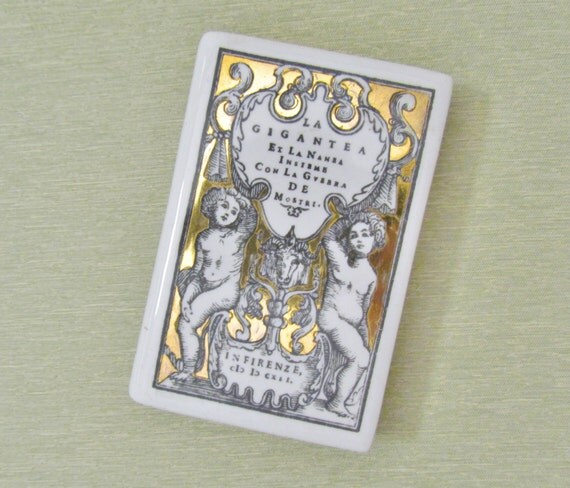
Life in the center is regimented and intrusive, a nightmare come true. And now in an eating-disorder treatment center on the dusty outskirts of the New Mexico desert. And like I said, there are a few little nuggets in here that are worth reading, so it’s just up to you whether you feel like it.This emotionally haunting and beautifully written young adult debut delves into the devastating impact of trauma and loss, in the vein of Laurie Halse Anderson’s Wintergirls. I think it all comes down to how interested you are in the different subject matters and whether you agree with Fry’s take on things. Still, this is just my experience with it, and you might find that you see it totally differently. In fact, the only reason that I stuck with it is that I want to read everything that Fry’s ever written, but this has got me wondering whether I even want to still do that. There were one or two things that were standouts, but it’s a pain to read through 470 pages for maybe 15 pages of quality content. Paperweight is a good name for it, because that’s what it’s best used for. But that doesn’t mean that they made a decent book. The result is a book where I’m not even really sure why it was published, other than because Fry had got a bunch of essays and wanted to feed the endless publishing machine.


Here, though, it was just a bit of a chore, and that’s on top of the fact that reading essays in general can be a chore. Now, I do think it’s important to occasionally read things that you disagree with because it can help you to firm up your own decisions and even realise that you might be wrong. So when you pick this up and start to read through essays where Fry is sharing his opinion on things, there’s the risk that you’re just going to disagree with him on principle, which kept happening to me. And it was also a poor message to send to people in a book that was designed to get people into reading poetry in the first place. It was almost as though he was saying that if you enjoy free verse, you’re an idiot, which must make me an idiot. It’s just hard for me to take Fry seriously after that, because I think that it betrayed some of his biases. I just thought that The Ode Less Travelled was important to mention because that’s the reason why I went into this with a sour taste in my mouth. Part of the reason for that was that he was snarky about free verse, which is my favourite kind of poetry.īut this is about Paperweight.

I used to really like Stephen Fry’s books, but then I picked up The Ode Less Travelled and hated it so much that I literally set fire to it. This was another bedtime book for me, and for a lot of good reasons.


 0 kommentar(er)
0 kommentar(er)
